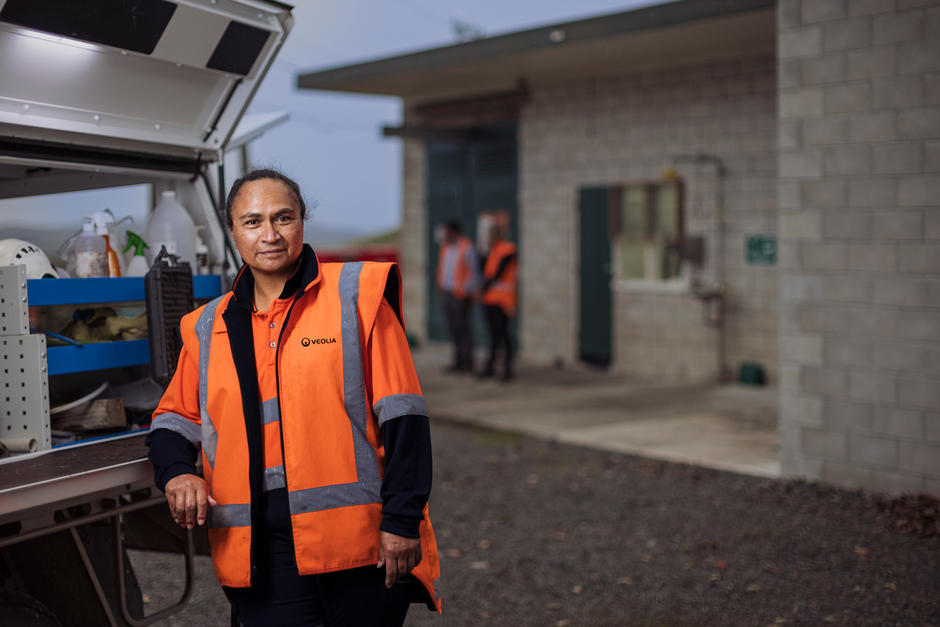Public ownership of assets remains crucial but incentives need to be created for more private involvement to affordably develop New Zealand’s water infrastructure.
Call to change Water Service Delivery Plans to a minimum of 30 years and remove current prohibitions on commercial arrangements including concession and franchise models.
Today’s submission by Veolia Group to the Finance and Expenditure Select Committee for the Local Government (Water Services Preliminary Arrangements) Bill has called for the New Zealand Government to extend the bill even further to create intergenerational solutions for the country’s water infrastructure.
Veolia Country Director for New Zealand Emma Brand and Veolia Head of Operations Dave Neru said the committee had a once in a generation opportunity to change how water services and infrastructure are managed, maintained, and operated and for its future growth to be delivered.
Ms Brand said the private sector must be a part of that future to enable decision makers to have the widest range of options available for the community and environment.
“We are not talking about private ownership ― we completely support the public ownership of crucial assets ― but we feel the bill should be amended to create incentives for more private involvement to affordably develop and improve New Zealand’s water infrastructure,” Ms Brand said.
“Increasing the term of Water Service Delivery Plans to a minimum of 30 years, and amending the Local Government Act to remove current prohibitions on commercial arrangements, including concession and franchise models, are just two changes that could see the experience of private sector operators leveraged to develop the water infrastructure of the future.
“Veolia’s view is that private involvement and partnerships are equally, if not more capable, of achieving the policy objective of locally-led, financially certain and sustainable water service delivery.
“We are a global company with 170 years of experience in the water space, delivering safe drinking water to 113 million people across 56 countries and managing more than 7,000 water and wastewater plants. We have global reach, expertise and experience to contribute positively to solutions.
“In New Zealand our 300 staff deliver services to 700,000 Kiwis, operating 60 water and wastewater plants and managing 5,500 km of water, wastewater and stormwater networks. And we are just one private sector operator.
“It is clear that in New Zealand, we need to think differently about water and water infrastructure. This will require everyone to think differently and bring different solutions to the table. The vast experience of the entire private sector should have a place at the table.
“This is why the bill must go further, so councils can consider different options, which must include the benefits of private involvement and partnerships. It is our strong position that water and water infrastructure is treated with a long-term, generational mindset. To truly revolutionise our water infrastructure, the private sector must be a part of that new approach.
Contact Us For All Media Enquiries
Valeria Cheglov, Head of Communications and Public Policy





